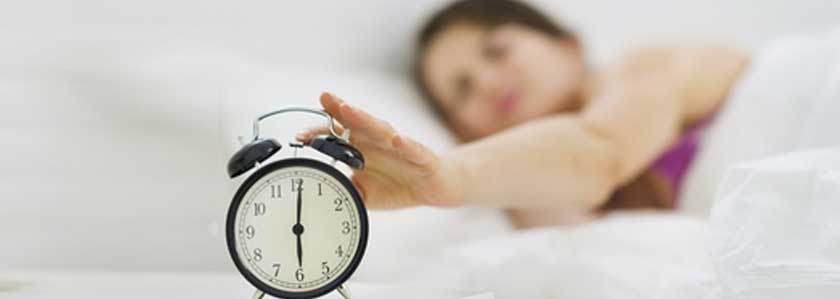We all know how important it is to get a good night’s sleep. If we don’t, it can negatively affect our cognitive functioning, our moods, our relationships and many other aspects of our lives.
Insomnia is defined as the inability to get to sleep or stay asleep, including early morning waking. It can affect all age groups, such as new mothers whose babies have long since started sleeping well, shift workers, FIFO workers and the elderly.
Sleep Physician Dr Scott Phung from Wexford Sleep says most sleep difficulties can be managed by general practitioners but some people need further assistance to combat their insomnia.
“When people find themselves battling insomnia for more than a month and it impairs their daytime function, it’s time to look into the causes of their night-time wakefulness,” Dr Phung says.
“We aim to find out if it’s psychological in origin such as the result from learned poor sleep behaviours; are there underlying mood disorders that can be dealt with or is there an underlying physical cause such as sleep apnoea or restless legs syndrome?”
Dr Phung says Cognitive Behavioural Therapy is the most effective treatment for insomnia.
“A psychologist will help patients understand that it’s a common condition and it’s perfectly okay to get frustrated with not being able to sleep,” Dr Phung says. “It aims to change misperceptions and behaviours that perpetuate sleep difficulties.”
Dr Phung’s tips for a better night’s sleep include:
- Try to stick to a good sleep routine
- If you still haven’t fallen asleep after 20 minutes, get out of bed rather than forcing sleep to happen (“stimulus control therapy”)
- Keep the lights low, meditate, read, listen to an audio sleep book or some soothing music – anything that will take your mind off the fact you aren’t sleeping.
- Avoid watching TV, using your phone or doing household chores
- When you feel tired again, go back to bed
- Avoid big meals and exercise late at night
- Keep a sleep diary
- Wear eye patches and ear plugs if you are comfortable in doing so
What about medications?
“Typical night time sedatives such as Benzodiazepines are a short term solution – we don’t recommend using them for more than two or three weeks as you can develop a dependency on them,” Dr Phung says.
“On the other hand, Melatonin now available in the form of Circadin if taken regularly and at the same time at night, can retrain your body clock to get you back to a regular pattern of sleep.”
Some anti-depressants at low doses have anti-histamine properties that can make you drowsy and also relieve some of the anxiety associated with sleep.”
Dr Phung says the earlier people address their sleep issues, the more likely they will have success in overcoming them.
“The longer you leave it, the harder it is to regain normal sleeping patterns.”


